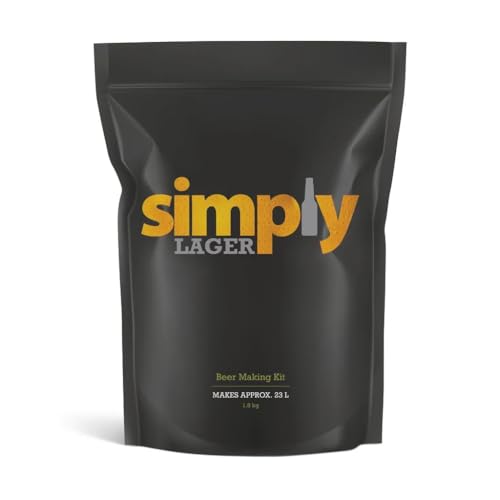So I read the how to link here
viewtopic.php?f=30&t=493
and I presume that after a couple of weeks of fermentation, it's time to bottle the beer and this is where secondary fermentation comes in.
Presumably this is about upping the alcohol level and upping the "fizz".
People talk about adding sugar and yeast to the fermented wort then bottling it, my questions is, is there an alternative to sugar / honey etc? I want to stay true to the "Pure" brewing methods
Thx
Simon.
viewtopic.php?f=30&t=493
and I presume that after a couple of weeks of fermentation, it's time to bottle the beer and this is where secondary fermentation comes in.
Presumably this is about upping the alcohol level and upping the "fizz".
People talk about adding sugar and yeast to the fermented wort then bottling it, my questions is, is there an alternative to sugar / honey etc? I want to stay true to the "Pure" brewing methods
Thx
Simon.




























![BREWING THERMOMETER STICKERS ACCURATELY MONITOR FERMENTING BEER & WINE LIQUID TEMPERATURES 5PCS HOME BREW SPIRITS WINE LCD ADHESIVE [US]](https://m.media-amazon.com/images/I/311DDjo2X3L._SL500_.jpg)












